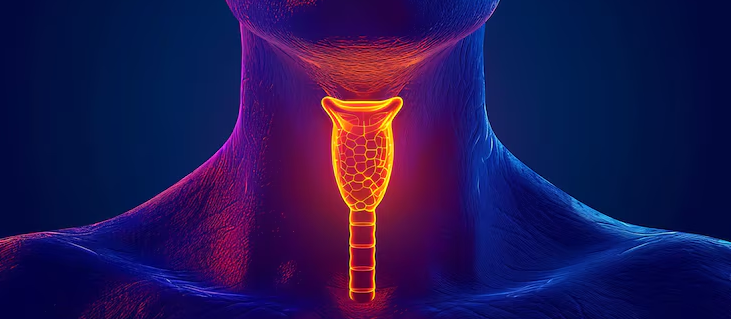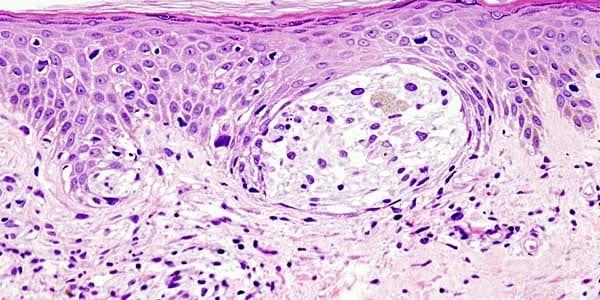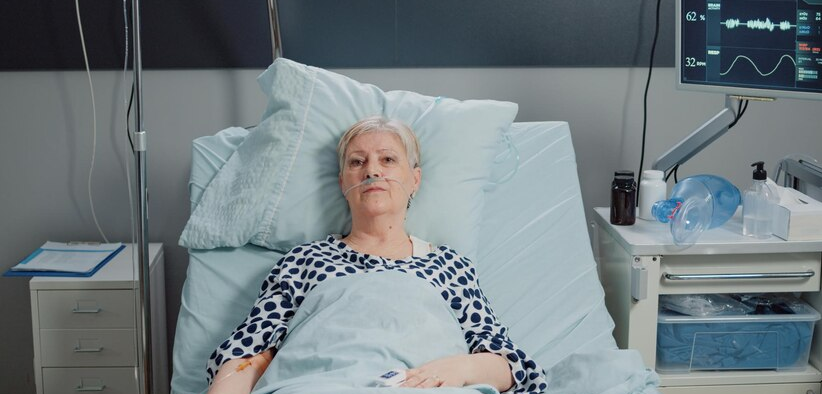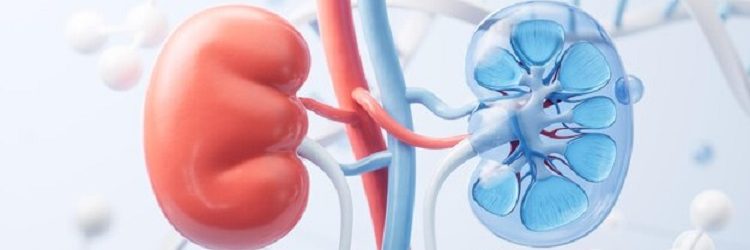To investigate the current status and problems in the diagnosis and treatment of premenstrual syndrome (PMS) and premenstrual dysphoric disorder (PMDD) from the perspective of obstetricians and gynecologists (OB/GYNs) in Japan, the Japanese Society of Obstetrics and Gynecology (JSOG) conducted a national-wide survey.
An email survey was sent to all JSOG members (16 732) and a web-based survey was conducted using a Google form between September and November 2021. The current status and problems in PMS/PMDD diagnosis and treatment were surveyed in this cross-sectional study.
In total, 1312 respondents (7.8% of all JSOG members) completed the questionnaire. In terms of diagnoses and treatment, OB/GYN was preferred over psychiatrist for PMS (91.4% vs. 45%); however, no differences were noted for PMDD (76.1% vs. 73.7%). A total of 1267 (96.6%) respondents engaged in routine PMS/PMDD treatment. Regarding the general diagnosis procedure, 84.4% respondents answered “only a vague medical interview,” 8.4% kept a two-cycle symptom diary, and 10.3% used a screening questionnaire. The most commonly used medication was oral contraceptive pills (OCPs) (98.1%), followed by the Kampo, traditional Japanese herbal medicines, Kamishoyosan (73.6%). Concerning first-line drugs for treatment, OCPs were the most common (76.8%), followed by Kampo medicine (19.5%); selective serotonin reuptake inhibitors (SSRIs) were less frequently used (2.6%). Regarding first-line drugs among OCPs, 65.1% respondents reported drospirenone-ethinylestradriol use.
This study indicates that only a few OB/GYNs practicing PMS/PMDD in Japan use a prospective diary, which is an essential diagnostic criterion for PMS/PMDD. Regarding treatment, SSRIs were used less frequently.
© 2023 The Authors. Journal of Obstetrics and Gynaecology Research published by John Wiley & Sons Australia, Ltd on behalf of Japan Society of Obstetrics and Gynecology.















